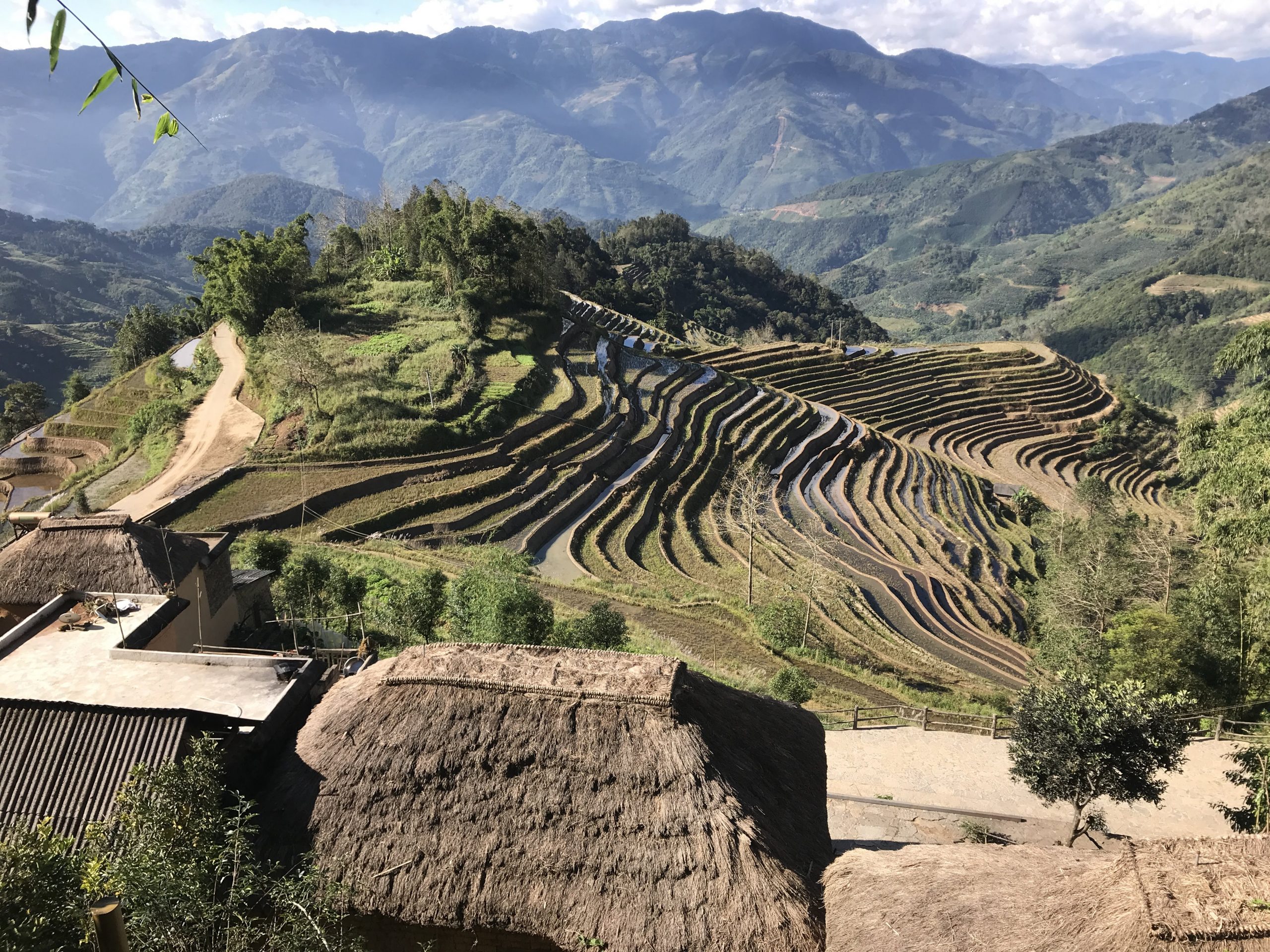When Heritage Is Rural: Environmental Conservation, Cultural Interpretation and Rural Renaissance in Chinese Listed Villages
Anna Paola Pola

Abstract
This article argues that China’s growing attention towards villages in recent years has contributed to transforming the concept of built heritage and helped in disseminating a holistic idea of landscape that has prepared the ground for the environmental turn the country is now experiencing. This conceptual transformation was carried on by a number of converging initiatives from different governmental institutions and has been driven by different factors, most importantly, the need to mend the development gap between urban and rural areas, and the wish to rediscover the cultural heritage of the country. This perspective leads to a distinctive approach to the concept of heritage and outlines a type of protection ‘with Chinese characteristics’ that will increasingly influence the international context.
The article highlights some of the characters that define the Chinese experience in village preservation, analysing the most important national lists of villages and examining various cases.
Pola, AP. “When Heritage Is Rural: Environmental Conservation, Cultural Interpretation and Rural Renaissance in Chinese Listed Villages.” Built Heritage, no. 3 (2019): 64-80. https://doi.org/10.1186/BF03545728

